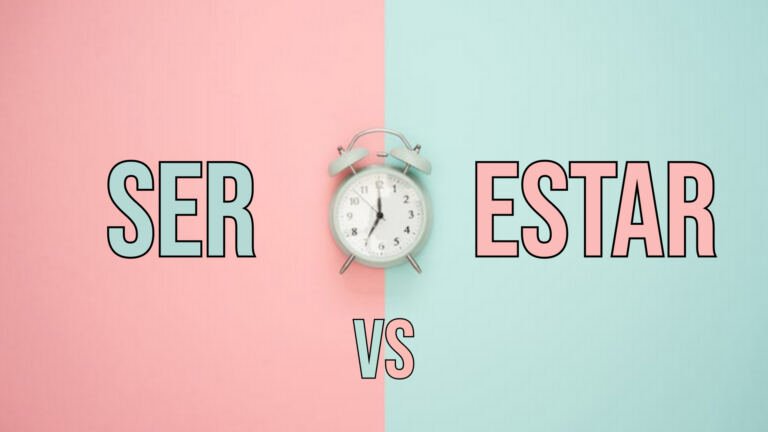The Ultimate Guide to Improving Your Portuguese Reading Skills (Part 1)
Most language learners do not immediately turn to reading as a way to improve their language skills. After all, reading in a language that is not your mother tongue is difficult. Moreover, with the rise of technology, good old-fashioned reading is becoming less popular. During the pandemic, reading statistics improved considerably. However, Statista released a…









